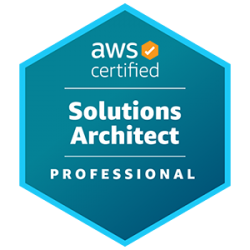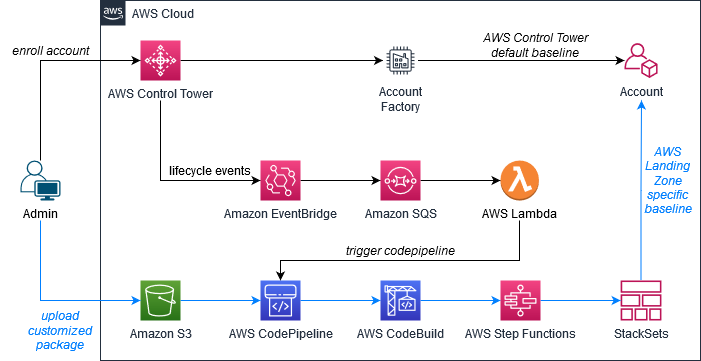Advanced Architecting on AWS

The Advanced Architecting on AWS (ADVARC) Course is designed for participants who already have a solid understanding of AWS and want to deepen their skills in architecting complex solutions on AWS. During the course, participants will learn to design and implement scalable, reliable, and secure solutions on AWS, using the most advanced services offered by the AWS platform. The course covers topics such as serverless architecture design, application deployment, data processing service integration, security and compliance, workload migration, and much more. At the end of the course, participants will be able to design and implement highly scalable and available cloud solutions on AWS. The course contributes to the preparation for the AWS Certified Solutions Architect – Professional Certification .
Course Objectives
Below is a summary of the main objectives of the Advanced Architecting on AWS Course (ADVARC) :
- Designing and Implementing Scalable and Secure Solutions: Learn how to develop solutions that are scalable, reliable, and secure using advanced AWS services.
- Serverless Architectures: Gain skills in designing serverless architectures and understand how they can be effectively implemented on AWS.
- Application Deployment: Study methodologies and tools for effectively deploying applications on AWS, ensuring performance and reliability.
- Data Processing Services Integration: Learn how to integrate various data processing services and understand how they can be used to improve and optimize cloud solutions.
- Security, Compliance, and Workload Migration: Cover security and compliance aspects of AWS solutions, as well as explore strategies and techniques for migrating workloads to AWS.
- High Availability and Disaster Recovery: Understand strategies and best practices for designing highly available and disaster recovery architectures on AWS to ensure business continuity.
- Cost Optimization: Learn techniques for optimizing costs associated with AWS services and resources, including monitoring and managing costs effectively.
- Advanced Networking and Hybrid Architectures: Explore advanced networking features of AWS and learn how to design hybrid architectures that integrate on-premises environments with AWS cloud servic
Course Certification
This course helps you prepare to take the:
AWS Certified Solutions Architect – Professional Exam ;
Course Outline
Module 1: Reviewing Architecting Concepts
- Group Exercise: Review Architecting on AWS core best practices
- Lab 1: Securing Amazon S3 VPC Endpoint Communications
Module 2: Single to Multiple Accounts
- AWS Organizations for multi-account access and permissions
- AWS SSO to simplify access and authentication across AWS accounts and third-party services
- AWS Control Tower
- Permissions, access, and authentication
Module 3: Hybrid Connectivity
- AWS Client VPN authentication and control
- AWS Site-to-Site VPN
- AWS Direct Connect for hybrid public and private connections
- Increasing bandwidth and reducing cost
- Basic, high, and maximum resiliency
- Amazon Route 53 Resolver DNS resolution
Module 4: Specialized Infrastructure
- AWS Storage Gateway solutions
- On-demand VMware Cloud on AWS
- Extending cloud infrastructure services with AWS Outposts
- AWS Local Zones for latency-sensitive workloads
- Your 5G network with and without AWS Wavelength
Module 5: Connecting Networks
- Simplifying private subnet connections
- VPC isolation with a shared services VPC
- Transit Gateway Network Manager and VPC Reachability Analyzer
- AWS Resource Access Manager
- AWS PrivateLink and endpoint services
- Lab 2: Configuring Transit Gateways
Module 6: Containers
- Container solutions compared to virtual machines
- Docker benefits, components, solutions architecture, and versioning
- Container hosting on AWS to reduce cost
- Managed container services: Amazon Elastic Container Service (Amazon ECS) and Amazon
- Elastic Kubernetes Service (Amazon EKS)
- AWS Fargate
- Lab 3: Deploying an Application with Amazon EKS on Fargate
Module 7: Continuous Integration/Continuous Delivery (CI/CD)
- CI/CD solutions and impact
- CI/CD automation with AWS CodePipeline
- Deployment models
- AWS CloudFormation StackSets to improve deployment management
Module 8: High Availability and DDoS Protection
- Common DDoS attacks layers
- AWS WAF
- AWS WAF web access control lists (ACLs), real-time metrics, logs, and security automation
- AWS Shield Advanced services and AWS DDoS Response Team (DRT) services
- AWS Network Firewall and AWS Firewall Manager to protect accounts at scale
Module 9: Securing Data
- What cryptography is, why you would use it, and how to use it
- AWS KMS
- AWS CloudHSM architecture
- FIPS 140-2 Level 2 and Level 3 encryption
- Secrets Manager
Module 10: Large-Scale Data Stores
- Amazon S3 data storage management including storage class, inventory, metrics, and policies
- Data lake vs. data warehouse: Differences, benefits, and examples
- AWS Lake Formation solutions, security, and control
- Lab 4: Setting Up a Data Lake with Lake Formation
Module 11: Large-Scale Applications
- What edge services are and why you would use them
- Improve performance and mitigate risk with Amazon CloudFront
- Lambda@Edge
- AWS Global Accelerator: IP addresses, intelligent traffic distribution, and health checks
- Lab 5: Migrating an On-Premises NFS Share Using AWS DataSync and Storage Gateway
Module 12: Optimizing Cost
- On-premises and cloud acquisition/deprecation cycles
- Cloud cost management tools including reporting, control, and tagging
- Examples and analysis of the five pillars of cost optimization
Module 13: Migrating Workloads
- Business drivers and the process for migration
- Successful customer practices
- The 7 Rs to migrate and modernize
- Migration tools and services from AWS
- Migrating databases and large data stores
- AWS Schema Conversion Tool (AWS SCT)
Module 14: Capstone Project
- Use the Online Course Supplement (OCS) to review use cases, investigate data, and answer
- architecting design questions about Transit Gateway, hybrid connectivity, migration, and cost
- optimization
Course Mode
Instructor-Led Remote Live Classroom Training;
Trainers
Trainers are Amazon AWS accredited instructors and certified in other IT technologies, with years of practical experience in the sector and in training.
Lab Topology
For all types of delivery, the participant can access the equipment and actual systems in our laboratories or directly in international data centers remotely, 24/7. Each participant has access to implement various configurations, Thus immediately applying the theory learned. Below are some scenarios drawn from laboratory activities.

Course Details
Course Prerequisites
- Attendance at the Architecting on AWS course is recommended .
Course Duration
Intensive duration 3 days;
Course Frequency
Course Duration: 3 days (9.00 to 17.00) - Ask for other types of attendance.
Course Date
- Advanced Architecting on AWS (Formula Intensiva) – On Request – 9:00 – 17:00
Steps to Enroll
Registration takes place by asking to be contacted from the following link, or by contacting the office at the international number +355 45 301 313 or by sending a request to the email info@hadartraining.com

